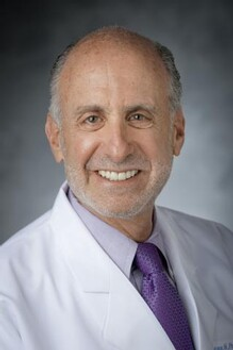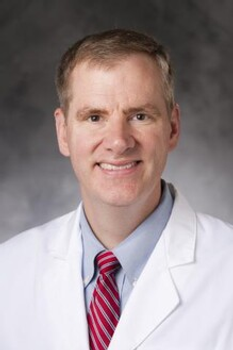Kidney Stones Overview
Learn About Kidney Stones
Kidney stones (also called renal stones or urinary stones) are small, hard deposits that form in one or both kidneys; the stones are made up of minerals or other compounds found in urine. Kidney stones vary in size, shape, and color. To be cleared from the body (or "passed"), the stones need to travel through ducts that carry urine from the kidneys to the bladder (ureters) and be excreted. Depending on their size, kidney stones generally take days to weeks to pass out of the body.
Genetic changes can increase the risk of developing kidney stones, often acting in combination with a variety of environmental and lifestyle factors. Most genes involved in the condition are important for transmitting chemical signals from outside cells to inside cells or transporting materials in and out of cells. These processes help regulate the levels of various materials within cells, including the minerals and compounds that make up kidney stones. Changes in these genes can alter the levels of these materials in cells, leading to an imbalance of minerals and compounds in urine. As a result, the likelihood of stone formation increases.
In the United States, 9 percent of women and 19 percent of men develop kidney stones in their lifetime. Caucasians are more likely to develop kidney stones than African Americans.
The inheritance pattern of kidney stones is unclear. Overall, the risk of developing this condition is greater for individuals who have a close relative (such as a parent or sibling) with the condition as compared to the general public.
Duke Ambulatory Surgery Center
Glenn Preminger is an Urologist in Durham, North Carolina. Dr. Preminger is rated as an Elite provider by MediFind in the treatment of Kidney Stones. His top areas of expertise are Kidney Stones, Urinary Tract Infection (UTI), Boils, Lithotripsy, and Ureteroscopy. Dr. Preminger is currently accepting new patients.
Duke Urology Clinic - Clinic 1G
Charles Scales is an Urologist in Durham, North Carolina. Dr. Scales is rated as an Elite provider by MediFind in the treatment of Kidney Stones. His top areas of expertise are Kidney Stones, Obstructive Uropathy, UPJ Obstruction, Ureteroscopy, and Lithotripsy. Dr. Scales is currently accepting new patients.
Regents Of The University Of California
Manoj Monga is an Urologist in San Diego, California. Dr. Monga is rated as an Elite provider by MediFind in the treatment of Kidney Stones. His top areas of expertise are Kidney Stones, Urinary Tract Infection (UTI), Perirenal Abscess, Lithotripsy, and Ureteroscopy.
Summary: This is a single-center study that aims to learn more about how two compounds found in food, oxalate and citrate, interact in the body and may influence a person's chances of forming kidney stones. The study will examine changes in urinary oxalate and citrate levels after participants consume potassium citrate.
Summary: This project aims to develop an augmented reality (AR) tool to enhance skill acquisition for endoscopic kidney stone surgery. Of the 100,000 patients who undergo an endoscopic kidney stone treatment annually in the United States, 25% will require a repeat stone surgery within 20 months of their index surgery. The repeat stone surgery rate is almost completely driven by postoperative residual stone...
Published Date: January 01, 2019
Published By: National Institutes of Health

